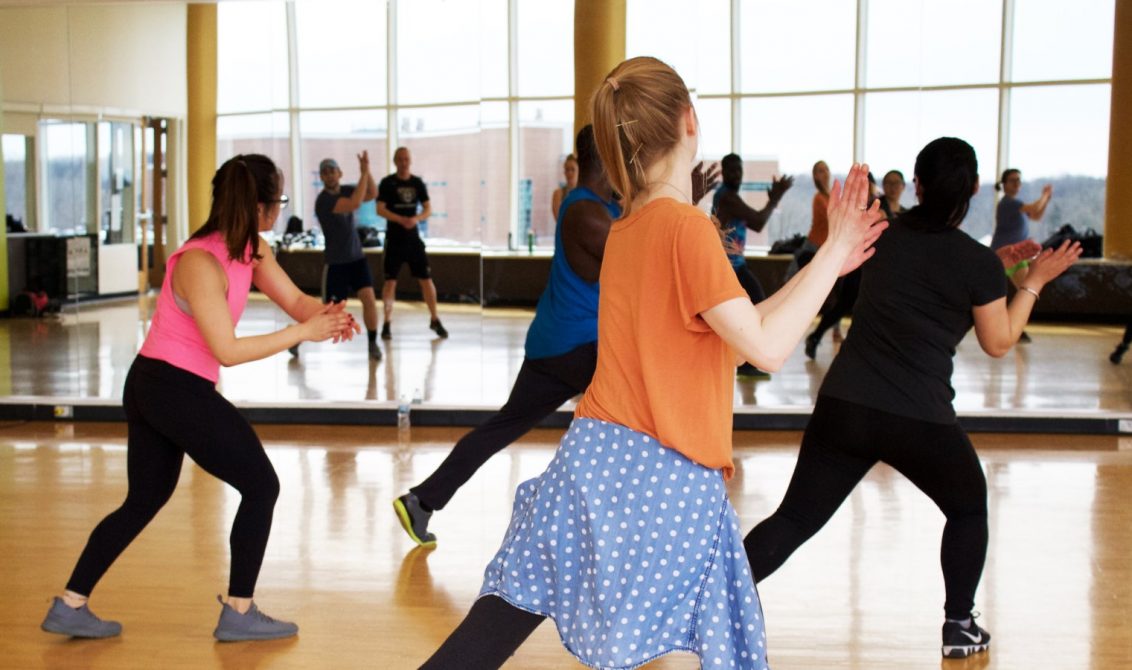
[Photo by Danielle Cerullo on Unsplash]
Kristina Pfeffer, a dancer and sports psychologist, helps teachers and parents understand how sport can foster positive psychological, social and emotional development of children.
Participating in organised sports is part of many children’s lives. For most, it is a positive and enjoyable experience, and can give the child an opportunity to grow in confidence, stay active and meet new friends. Unfortunately, for some, it can also be stressful and associated with negative emotions such as stress, anxiety and loss of confidence. The quality of the sport experience is mostly down to the interactions with coaches, parents and other children participating in the sport.
How much is too much?
Every parent wants the best for their child, but sometimes knowing how to support them best can be a challenge. Dealing with inevitable disappointments of bad results and loss of dance partners can be daunting. Parents can be anything from minimally involved to highly involved in their child’s dancing. Research suggests that being moderately involved in your child’s sport is most beneficial to the child, as you can provide the best support for them. It was found that when mothers in particular were moderately involved in their child’s sport, it produced more enjoyable experiences for the child. Of course it is individual to the child, and where one child might find high parental involvement stressful, another might enjoy that their parents come to all competitions and practices, so the best thing to do is to ask your child if they enjoy having you there or not, and to what degree they would like you to be involved.
The right environment
Research shows that when young athletes are in a caring, supportive environment, the sport can foster positive psychological, social and emotional development. This is why it is extremely important to choose the right environment for your child. The teachers are the experts in dance, but you are the expert in your child and their wellbeing. You need to choose an environment that suits their personality and requirements. If you choose the right teacher, you can feel safe that they will do the best for your child.
Asking the right questions
The emphasis should be on the child improving, working hard and dancing to the best of their ability. Children rely heavily on their parents and teachers for feedback regarding their competence. How you interpret their abilities is really important to how they see themselves. Whether they win or not is often not just down to their ability. The result can depend on which other children are competing that day, how they feel on the day, who is judging etc. Instead of asking your child “Did you win today?” ask them instead “Were you happy with the way you danced today?” and if they are happy with their dancing, that should be celebrated as a success. Maybe they have set a goal with the teacher of dancing on time, having better connection with the partner or improving performing, and you could ask them whether they achieved the goal that they set themselves.
Enjoyment and transferable skills
While many children participate in sport competitions at varying levels, the reality is that a very small percentage of the children competing at the juvenile and junior levels will end up being professional dancers and making ballroom dancing their career. Therefore the main objective for teachers and parents should be for the participation in dancing to be enjoyable, as well as to teach skills, which can be transferred to other areas of the young people’s lives. For example, the confidence to perform in front of an audience can help in future life when doing presentations for work, or even in exam situations. The skill learned by working closely together with a dance partner can be useful in partnerships later on, but also in work situations, or any situation where you have to work closely with another person. And last, but definitely not least, the work ethic learned from working with dedication and focus towards a goal can be applied to many other areas in life.
About Kristina Pfeffer
Kristina Pfeffer had a professional dancing career which took her travelling all over the world. Originally from Denmark, she has lived in London for 12 years, and now owns a dance school, Punta Danza, in Punta Cana in the Dominican Republic. She has a MSc and BSc in Psychology of Sport and Exercise, and works as a performance coach, helping clients, mostly in sports, to achieve their optimal potential.
Are your students taking IB Psychology? Have a look at the Contents and a Sample unit from the new Psychology for the IB Diploma.

